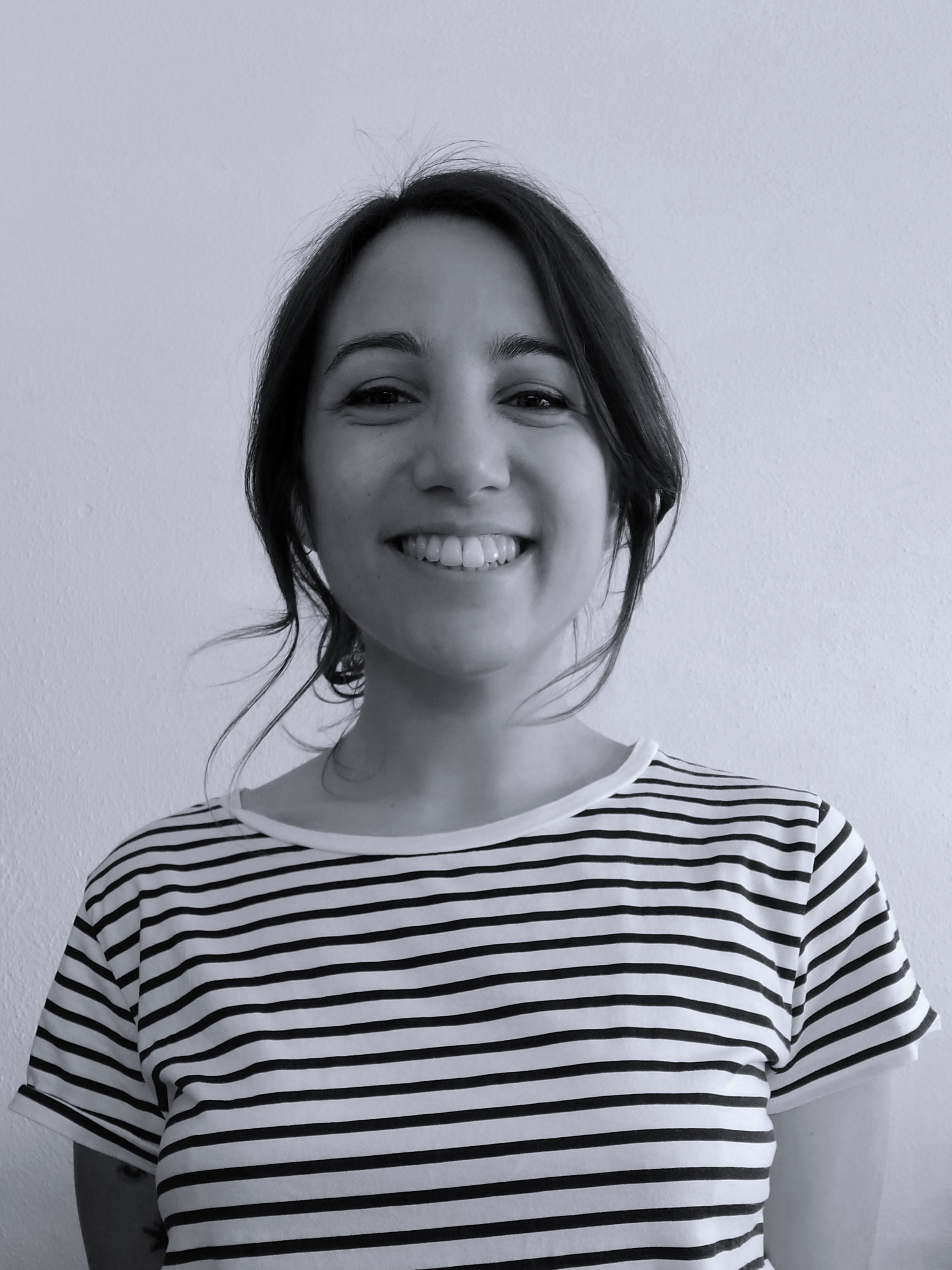02.05.2023
Albane Ruaud selected to join the 72nd Lindau Nobel Laureate Meeting
The postdoctoral researcher from the Autonomous Learning Group at the Max Planck Institute for Intelligent Systems in Tübingen is one of 635 young scientists from across the world who are given the opportunity to participate in a week of scientific exchange with some of the world’s greatest minds.
Tübingen/Lindau – Albane Ruaud, who is a postdoctoral researcher in the Autonomous Learning Group at the MPI-IS in Tübingen was selected to attend this year’s 72nd Lindau Nobel Laureate Meeting. From June 25 to 30, 2023, Albane is one of 635 young scientists from 98 countries who will be able to meet each other and around 40 Nobel Laureates.
“I am very excited about the meeting and its interdisciplinarity. I want to be uplifted by the stories of the pioneer scientists that the conference gathers. I also look forward to discussions with brilliant researchers of all generations with different cultural and scientific backgrounds. I expect these interactions to open perspectives – what are the next scientific challenges, how can we tackle them, and what are the new lines of research explored by others? I am confident that the audience and event will inspire me, and I hope collaborations will be an outcome”, says Albane Ruaud. Her research focusses on modelling microbial communities using graph neural networks. The aim of the project is to obtain a good representation of how bacteria interact with each other when mixed together. Such a representation would help understand the underlying mechanisms of changes in bacterial communities and monitor such communities.
Since 1951, the Lindau Nobel Laureate Meetings have made a name for themself as a unique international scientific forum, enabling exchange between generations, disciplines, and cultures. The theme of the Lindau Meetings alternates between the three Nobel Prize scientific disciplines – Physics, Chemistry or Physiology, and Medicine. The meetings take place in Lindau, a city located on the north-eastern side of Lake Constance at the German-Austrian-Swiss border. This year, seven Nobel Prize winners who are, or were formerly, directors at a Max Planck Institute are also scheduled to join the meeting.
“I am passionate about exploring biological systems, especially the microbial world. Given the complexity of microbial communities, I am interested in deploying machine learning (ML) to explore such communities. I am motivated by finding current ML methods that may be suitable for biological systems and adapting them to enhance research in biology. We can do a lot in that sense, but we need people able to understand both fields to close the gap. This is what I aim to do: adapt and improve ML methods for biological systems.”
In 2021, Albane obtained her Ph.D. in bioinformatics from the Microbiome Department of the Max Planck Institute for Biology in Tübingen. During her Ph.D., and a follow-up one-year postdoc, she investigated interactions between microorganisms in human guts using in vitro experiments and tree-based machine learning models. In 2022, Albane earned a postdoctoral fellowship from the Machine Learning Cluster of Excellence of the University of Tübingen. For this current line of research, she is collaborating with the Autonomous Learning group at the Max Planck Institute for Intelligent Systems in Tübingen and the Systems Biology of Microbial Communities lab at the University of Tübingen.
After a press release by Max-Planck-Institute for Intelligent Systems, Tübingen.

